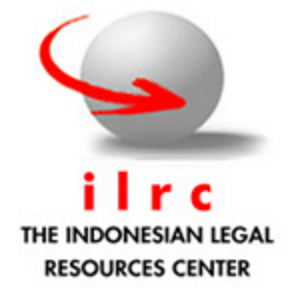
Indonesian Legal Resource Center
Joined February 2012
In the democratic transition period, Indonesia faces corruption, a minimum guarantee of human rights in legislation, and lack of law enforcement. The problems of law enforcement also require a strong legal culture in the society. The fact is that rights consciousness on the level of civil society is still lacking, which includes the capacity to access the rights. Whilst the instrument to access the rights within the society is available, it is not protected by the state. For example, customary law is not protected, the state ignores the local initiative in providing legal aid, etc.
The role of the university, especially the law faculty, as part of civil society is important for providing qualified law graduates to take part in any level of professions, such as beaureucracy, state institutions, judiciary, as well as academic and civil society organizations. They also have the legitimate position to take a lead on law reform. In this case, we consider law education to have an important role in building legal culture and rights consciousness of civil society.
The founding of The Indonesian Legal Resource Center (ILRC) was a response to our concern that legal education is not responsive enough to social justice issues. The legal education in the university tends to make students be profit lawyers and ignore social justice issues. Although they have the instruments (institutions) to provide pro-bono litigation for poor people, they exercise it for different purposes.
The problems that occur, therefore, are:
- -A lack of a pro-poor, social justice and human rights paradigm
- -Along with commercialization of university, the legal clinic and human rights center lack funding and human resources
Due to those problems, ILRC prefers to take part on legal education reform.
